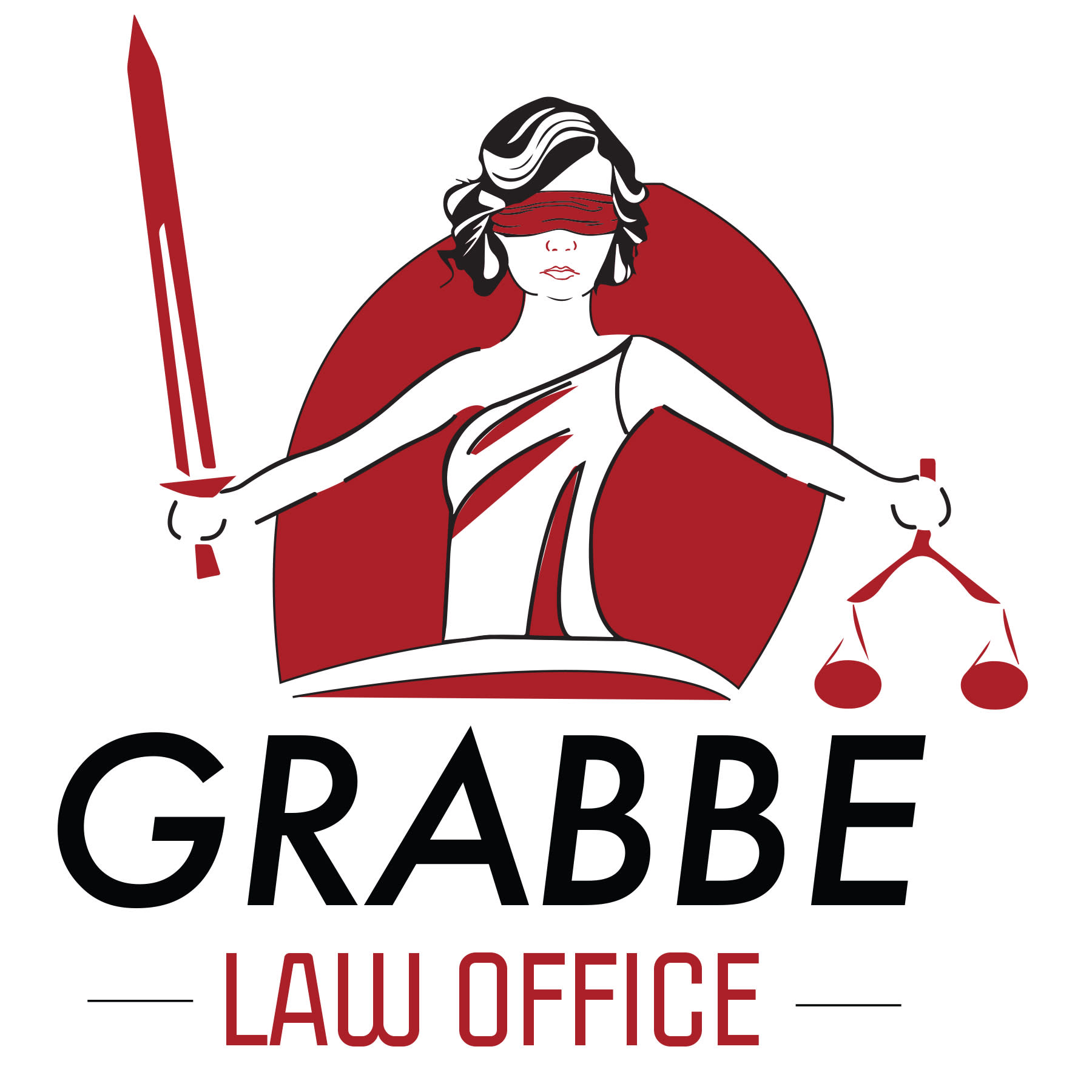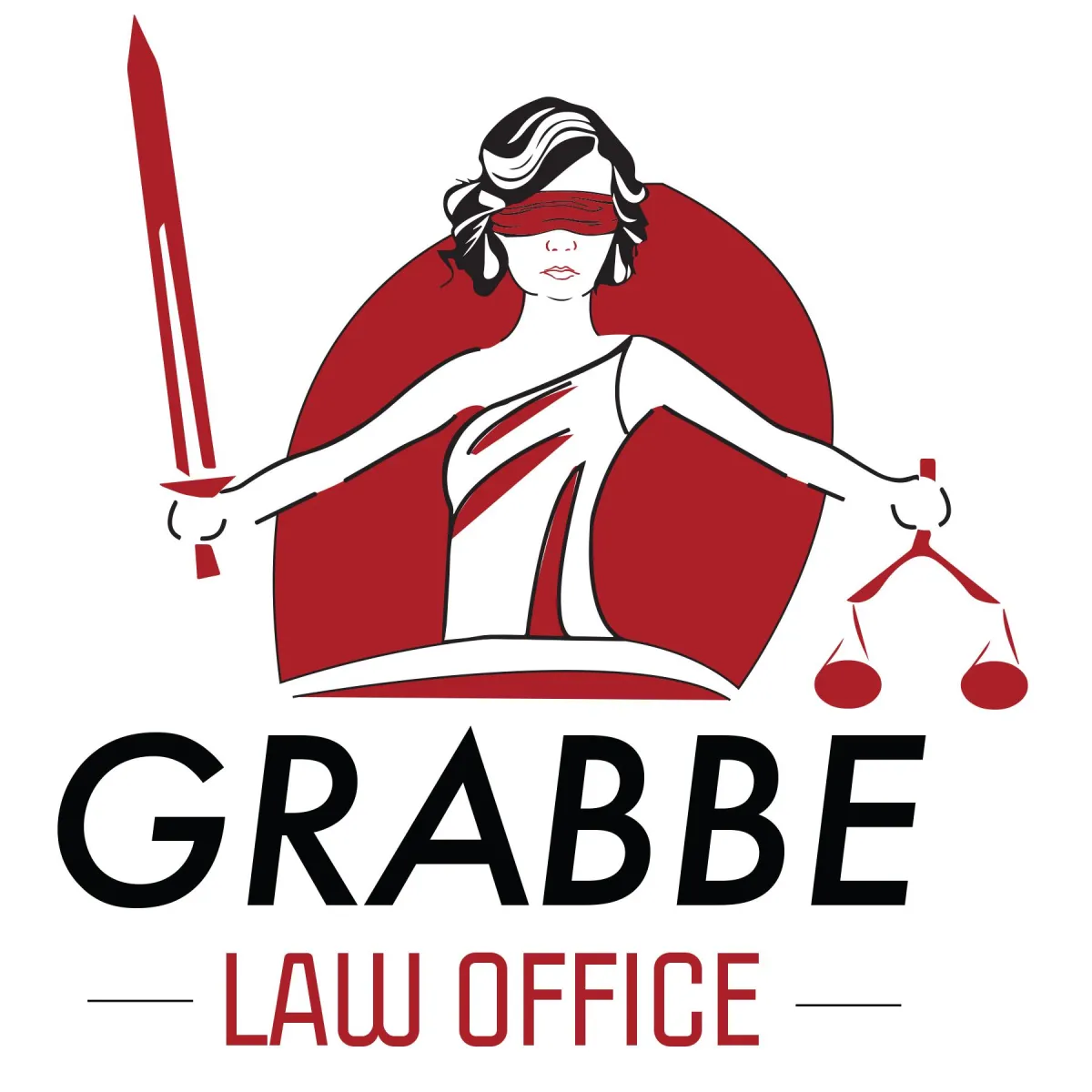Welcome to the Blog!

Why Domain Name Disputes Matter And How To Avoid Them
Why Domain Name Disputes Matter And How To Avoid Them
In the current digital landscape, domain names are vital for establishing an online presence, representing brands, and connecting with target audiences. The centrality of domain names to brand recognition, perceived authenticity, and search engine traffic offers fertile ground for disputes to arise, creating issues with rightful ownership, brand reputation, and legal rights. If you would like to learn more about preventing and resolving domain name disputes, please consider scheduling a 15-minute free consultation with Grabbe Law Office.
Why Domain Names Matter
There are multiple reasons why individuals and businesses consider domain names significant. A few of these reasons include:
Branding and Identity
A domain name is an important element of a brand's online identity. Customers often enter a familiar domain as the online address to help locate a business or organization online. A carefully chosen domain name can make it significantly easier to build a strong brand image and gain credibility in the marketplace.
Recognition and Memorability
A domain name that is not only relevant, but easy to remember, can impact a website's success. People are more likely to revisit a website or recommend it to others if they can easily recall its domain name. A catchy and memorable domain name increases brand recognition and facilitates word-of-mouth marketing, driving more traffic and potential customers to the site.
Online Visibility
A website's visibility in search engine results can be significantly improved with a relevant domain name. When deciding if a website is relevant to a specific search query, search engines take into account whether the domain name considers any of the search terms. A domain name that appropriately describes the content of the website or company helps to maximize the website’s search result rankings and, as a result, the potential for organic site traffic.
Trust and Credibility
A reliable and consistent domain name is essential for boosting a website's credibility with visitors. Matching the domain name with the brand or business name boosts credibility and creates a positive impression on website visitors.
Better Marketing
A strong domain name is essential in online marketing and advertising. A succinct domain name clearly related to the individual or company responsible enables customers to readily identify and remember a website, increasing traffic and brand recognition. Utilizing the domain name in materials posted to off-site digital platforms, such as advertisements shared in social media campaigns, integrates with brand recognition and memorability to help businesses boost their marketing efforts.
Asset Value
Highly desirable domain names are frequently bought and sold for large sums. Additionally, businesses and organizations often consider their domain names as valuable intellectual property assets, contributing to their overall worth.
Choose a domain name carefully by considering relevance, memorability, and brand representation. Registering a domain name that aligns with trademark laws and is important to avoid infringement and prevent legal issues.
What To Avoid When Choosing a Domain Name?
When choosing a domain name, many companies and individuals hope to avoid making mistakes, especially ones that could lead to legal complications in the future. In most cases, the domain name should be short and simple, focusing on relevancy and coherence and avoiding terms that visitors may not readily associate with the brand’s products or services. Avoid potential trademark or copyright violations by conducting thorough research, such as searching for the name via the Internet Corporation for Assigned Names and Numbers site or the United States Patent and Trademark Office’s Trademark Electronic Search System (TESS), before launching a site on a new domain. Avoid lost traffic due to misdirection by choosing a name that is easy to pronounce and spell. While occasionally helpful in some situations, hyphens and numbers can make it more challenging for customers to understand and remember a company's domain name; in most cases, it is better to avoid these and opt for a verbal-only name.
By steering clear of these common mistakes, businesses can choose a reliable, memorable, and lucrative domain name that suits their company, appeals to their audience, and establishes the foundation for their success online. If you would like to learn more about domain name strategy for your business, please contact Grabbe Law Office to schedule a free 15-minute consultation.
What Are the Causes of Domain Name Disputes?
A variety of factors can cause domain name disputes. Common causes include:
· Trademark infringement
· Cybersquatting
· Typosquatting
· Reverse domain name hijacking
· Ownership issues
· Regional or cultural conflicts
· The unauthorized use of famous people's names
· Disagreements over domain names that have expired or have not been renewed
Domain name issues may be settled through negotiation, mediation, arbitration, or litigation, depending on the situation and the pertinent domain dispute resolution laws.
How Domain Disputes Can Be Resolved?
Different ways to resolve domain disputes exist. However, resolution through negotiation, mediation, arbitration, or legal action are the most common methods to solve these conflicts. The process depends on the dispute type, the people or organizations involved, and the relevant policies. Here are some typical techniques utilized to settle domain disputes:
Negotiation
All parties involved can resolve a disagreement by discussing the matter, identifying concerns, and exploring potential compromises. This approach of direct negotiation can lead to a solution that satisfies everyone involved.
Mediation
Mediation involves a neutral third party who assists parties in effectively communicating to resolve a conflict. Instead of making decisions, the mediator encourages the parties to come to a mutual agreement.
Arbitration
A neutral arbitrator or panel evaluates the facts and arguments brought forth by both parties during the formal process of arbitration. In a binding arbitration process, both parties must abide by the arbitrator's binding ruling. Some domain name registrars and arbitration providers offer specific arbitration services for domains, such as the Uniform Domain-Name Dispute-Resolution Policy (UDRP) or the Uniform Rapid Suspension (URS) system.
Legal Action
In some cases, negotiations, mediation, and arbitration efforts are unsuccessful in resolving disagreements. In these cases, legal measures may be taken, with one party pursuing further action in a court of law. The legal process for domain name disputes usually involves presenting evidence, making arguments, and leaving the decision to the court.
The procedures and available options for resolving domain disputes may differ based on the top-level domain (TLD) and the policies of the domain registrar. Certain TLDs have their own policies for resolving disputes, and registrars usually require agreement to these policies during the domain name registration process.
Reach Out to an Intellectual Property Attorney Today
To maintain their online presence and protect their brand identity, individuals and businesses must know the causes of domain name disputes. Taking proactive measures to defend domain name rights and adhering to legal guidelines are essential in preventing potential harm to reputation. Any domain holders will want to thoroughly understand domain dispute resolution procedures to resolve issues and act promptly in case of any disputes to ensure a secure and trustworthy online presence. If you would like to learn more about potential problems with domain names, please consider setting up a 15-minute free consultation with Grabbe Law Office to discuss your unique situation.








